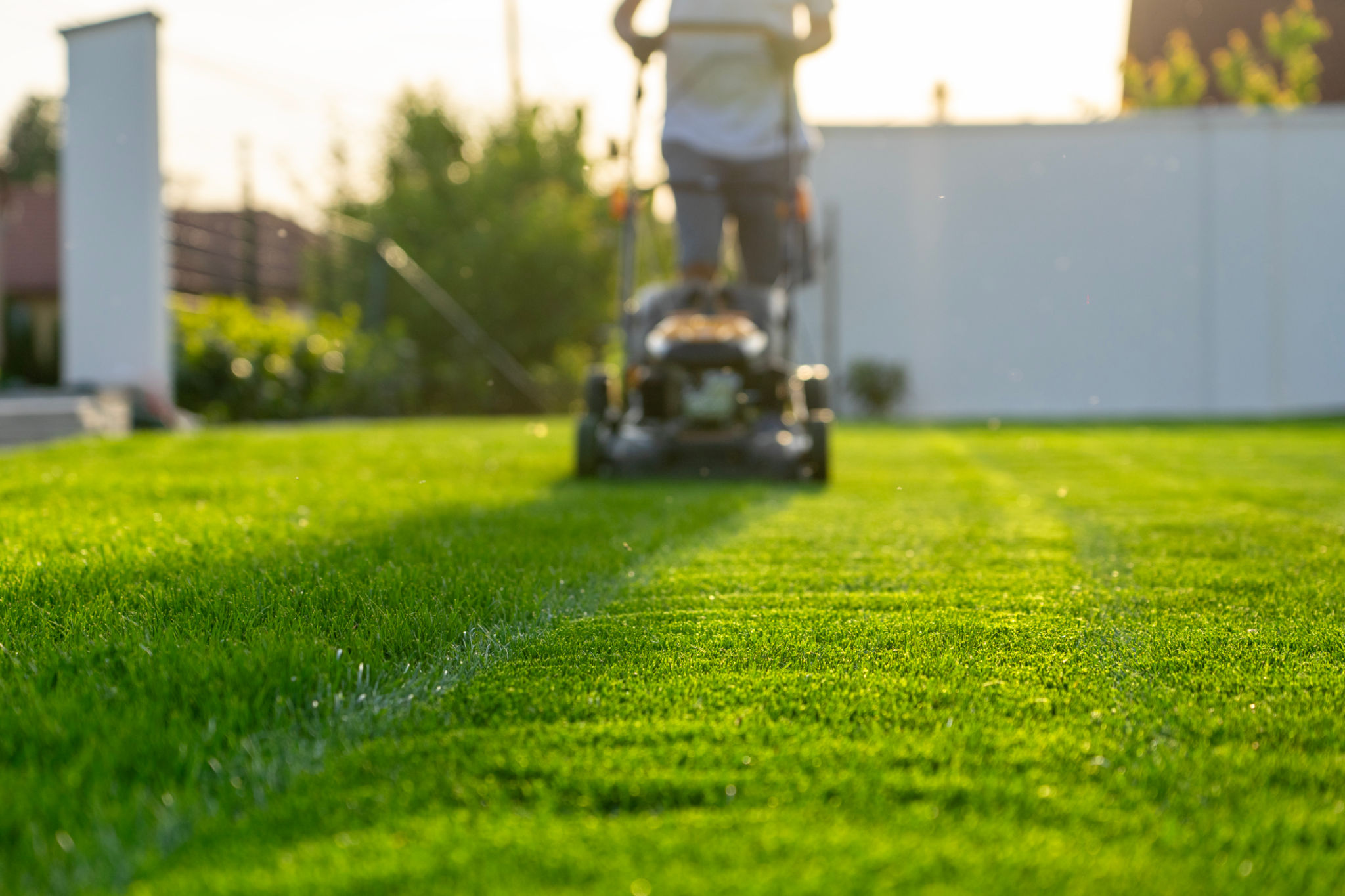Myth-Busting: Common Lawn Care Misconceptions in Trenton
Myth-Busting: Common Lawn Care Misconceptions in Trenton
Lawn care is an essential aspect of maintaining a beautiful home exterior, but it's also an area rife with misconceptions. In Trenton, where the climate and soil conditions can present unique challenges, understanding the truth behind common lawn care myths is crucial. Let's explore some prevalent myths and set the record straight.

Myth 1: More Water Equals a Healthier Lawn
One of the most persistent myths is that more water will automatically result in a healthier lawn. While it's true that your grass needs water to thrive, over-watering can actually do more harm than good. Excessive watering can lead to root rot and increase the susceptibility of your lawn to diseases. It's important to water your lawn deeply but infrequently to encourage deep root growth.
The best approach is to water your lawn early in the morning when temperatures are cooler, reducing evaporation. Aim to water your lawn about 1 to 1.5 inches per week, including rainfall. This method ensures that the water reaches the roots without oversaturating the soil.
Myth 2: Fertilizer Can Revive Any Lawn
Fertilizer is often seen as a miracle solution for struggling lawns, but it's not always the answer. While fertilizing provides essential nutrients, applying it indiscriminately won't fix underlying issues like soil compaction or improper mowing practices. Before reaching for fertilizer, it's important to diagnose the specific problems your lawn is facing.

Conducting a soil test can help determine what nutrients your lawn actually needs. This will prevent over-fertilization, which can lead to nutrient runoff and environmental harm. Remember, a balanced approach that includes proper mowing, watering, and aeration is key to a healthy lawn.
Myth 3: Mowing Shorter Means Mowing Less Often
A common misconception is that cutting your grass shorter will reduce the frequency of mowing. In reality, mowing your lawn too short can stress the grass, making it more vulnerable to weeds and drought. This practice, known as "scalping," can weaken the grass's root system and lead to a patchy lawn.
For optimal health, adjust your mower to leave grass blades at about 3 inches in height. This length helps shade the soil, retaining moisture and suppressing weed growth. Regular mowing with sharp blades also promotes a denser, healthier turf.

Myth 4: Any Grass Seed Will Thrive
When it comes to seeding your lawn, many people believe that any grass seed will do. However, selecting the right type of grass seed for Trenton's climate and soil conditions is critical. Cool-season grasses like Kentucky bluegrass or tall fescue are generally better suited for Trenton's climate.
Consider factors such as sun exposure and foot traffic when choosing your grass seed. Opt for high-quality seeds tailored to your specific conditions to ensure a lush and resilient lawn.
Conclusion
Understanding these common lawn care myths can make a significant difference in maintaining a healthy and attractive lawn in Trenton. By debunking these misconceptions and implementing evidence-based practices, you can enjoy a thriving green space that enhances your home's curb appeal.
If you're uncertain about the best approach for your lawn, consider consulting with a local lawn care professional who understands Trenton's unique environmental conditions. With the right knowledge and care, you can achieve the vibrant lawn you desire.
